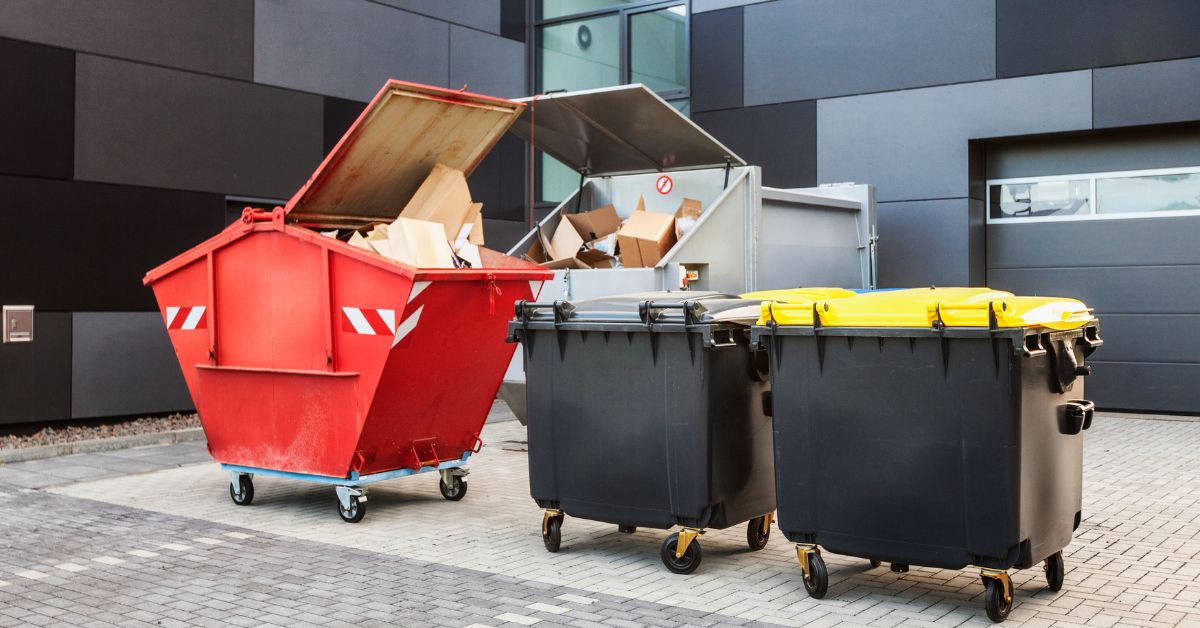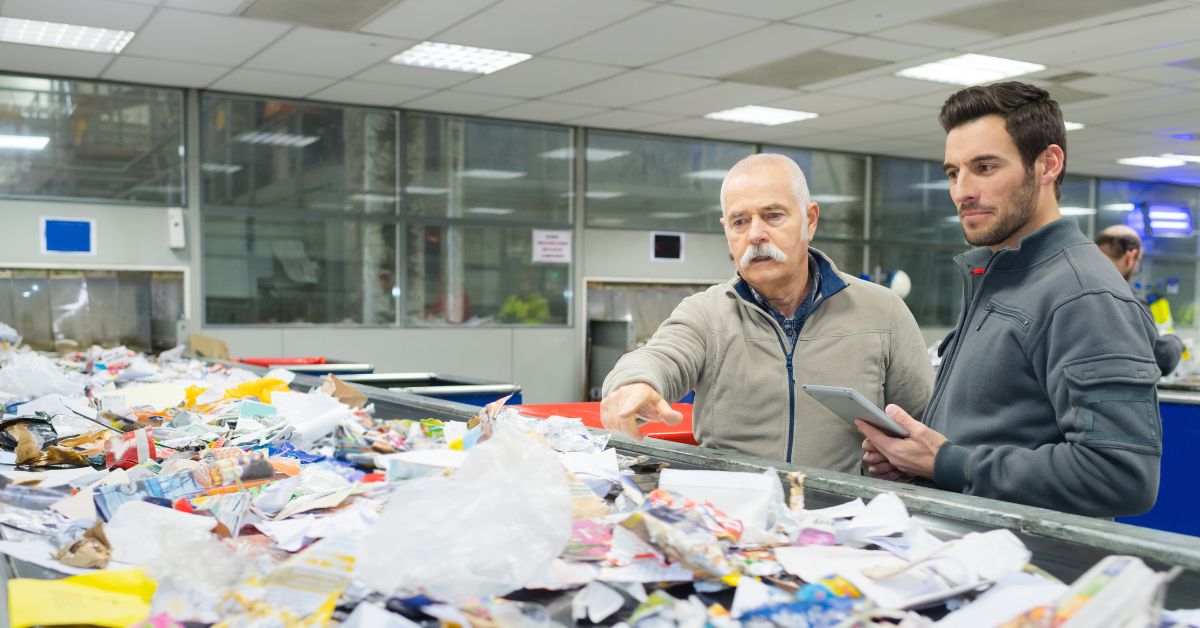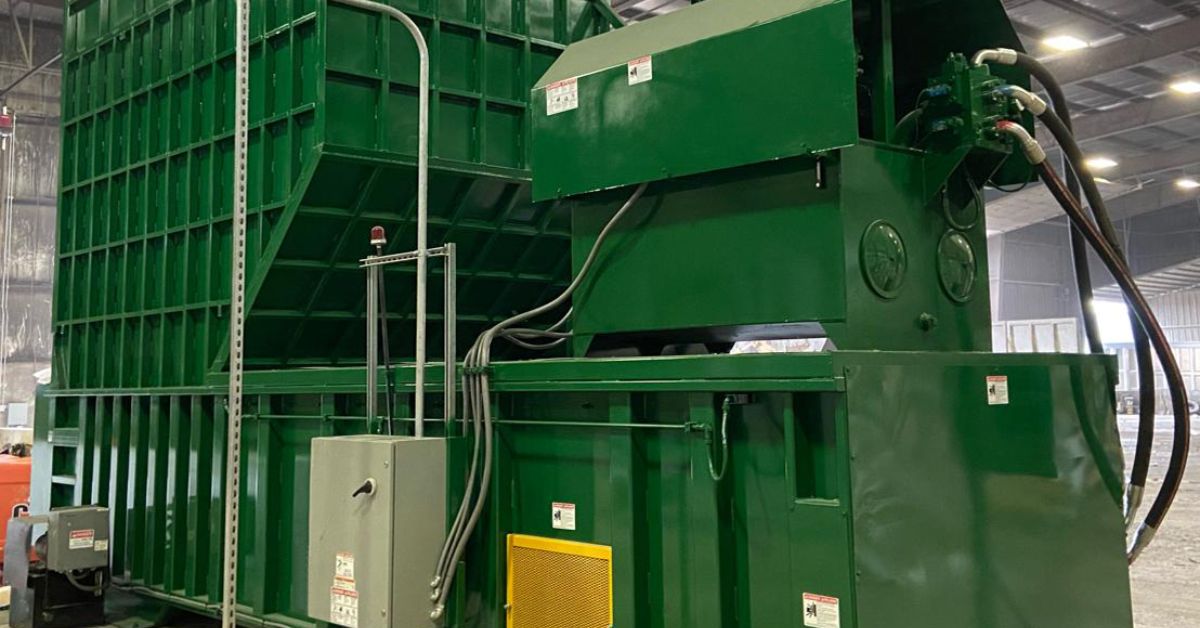
A business waste audit is no longer a mere nice-to-have process; it’s a vital success strategy for modern businesses that want to cut costs, enhance efficiency, and boost their reputation for sustainability.
This comprehensive guide will help small business owners and operations directors understand the true value of waste audits and provide actionable steps to implement your own. By the end, you’ll know why and how to conduct a business waste audit that saves you money and extends your reputation.
The Benefits of Conducting a Business Waste Audit
Conducting a waste audit delivers tangible benefits for businesses. First and foremost, it will identify inefficiencies in waste disposal methods that are costing your company money. Nearly every business generates waste, but many don’t realize just how much of it they can minimize, reuse, or manage a little differently to save resources.
Additionally, customers increasingly prefer companies that are environmentally responsible. By performing a waste audit, you demonstrate your commitment to sustainability. This will improve your brand image but also strengthen relationships with eco-conscious customers who want to support businesses that care about the environment.
How Waste Audits Drive Cost Reduction for Businesses
Why pay for excessive waste disposal when smarter practices can cut costs? A waste audit provides vital insights into how much money your business is literally throwing away. For instance, it could reveal excessive packaging being discarded or recyclable materials mistakenly ending up in landfill-bound containers.
After identifying inefficiencies, businesses can implement strategies that reduce waste management costs. For example, compactors can optimize the storage and disposal of waste. If you generate large amounts of industrial or retail waste, exploring compactor rental services could help you consolidate loads and reduce hauling expenses significantly.
Linking Waste Audits to Environmental Responsibility
Businesses today are no strangers to the pressure to adopt sustainable practices, but a waste audit does more than just position your company as eco friendly. By systematically analyzing waste streams, your business can reduce its environmental impact by diverting recyclables and compostables away from landfills.
Waste audits also provide proof of your sustainability efforts. Metrics and data collected through the audit can be included in reports or marketing materials to clearly display to your customers and stakeholders the extent of your efforts to minimize waste and protect the planet.

Step-by-Step Guide To Conducting Your First Waste Audit
Starting with a waste audit might seem like an additional challenge, but a streamlined process ensures accuracy while saving time. Begin by clearly defining your objectives. Are you aiming to reduce disposal costs? Improve recycling rates? Understanding your end goal will guide the decisions you make during the audit process.
Next, categorize your waste streams. This means sorting waste into groups, such as recyclables, compostables, landfill waste, and hazardous materials. For organizations new to this, manually reviewing a sample of waste over a week is usually enough to identify common patterns.
Assemble Your Waste Audit Team for Maximum Impact
A waste audit is best executed as a team effort. Assign a manager to oversee the process and make sure objectives are met. This person can coordinate with team members from different departments, particularly those familiar with waste-generating processes. Employees from operations, facilities management, and procurement often play vital roles in identifying areas of inefficiency.
By delegating tasks, such as waste sorting, data collection, and analysis, you ensure the audit runs smoothly and yields actionable results. Motivating your team by clearly communicating the potential business gains will also foster cooperation across your organization.
Ensure Accuracy Through Effective Data Collection Methods
Data is the backbone of any waste audit, and accurate collection methods are essential. Begin by measuring the weight and volume of waste generated each day. Track where it’s coming from—is it the breakroom wastebin or the production floor? Having precise measurements ensures that you can tailor your strategies to the reality of your operations, rather than making assumptions.
Using spreadsheets or digital tools to record the data as you go reduces human error and improves the efficiency of analysis. Also, consider performing seasonal audits, as waste generation tends to fluctuate throughout the year.
Turn Audit Results Into Actionable Strategies
Once you’ve compiled your data, the next step is analyzing it to identify areas of improvement. Are there processes that generate excessive waste? Could certain materials be recycled more effectively?
For example, if you notice an abundance of cardboard waste, you could optimize your recycling processes or invest in balers. Similarly, if your audit uncovers that food waste is a significant issue, setting up composting practices could reduce costs and align with green initiatives.

Implement Waste Reduction Strategies for Long-Term Success
Strategies, such as implementing recycling programs, buying reusable supplies, and training employees on waste management, will significantly reduce the amount of waste your business generates. Encourage employees to participate by providing clear guidelines and incentives for adopting waste-reducing behaviors.
Using tools like compactors for bulk waste management can further optimize efficiency. Renting a compactor is particularly cost-effective for small businesses that don’t need to purchase one outright. Partnering with a reliable compactor rental provider makes scaling up your waste reduction efforts easy without burdening an already-tight budget.
Measure Success and Ensure Continuous Improvement
Waste audits are not a one-time task; they should be part of an ongoing effort toward a more sustainable and efficient business model. Use key performance indicators (KPIs) like waste diversion rate, cost savings, and employee participation levels to measure your progress.
Review KPIs quarterly or biannually and refine your waste management strategies as necessary. Regularly updating your procedures keeps your business agile and in line with evolving environmental regulations and customer expectations.
Waste Audits Are Essential to Sustainable Business Growth
By now, you know why and how to conduct a business waste audit, as it’s a vital step toward efficiency, cost reduction, and environmental responsibility. Small businesses and operations teams that adopt this practice unlock valuable insights into their waste patterns, transforming them into opportunities for growth and savings.
Start your waste audit today to reduce costs, increase sustainability, and unlock a new level of efficiency for your business. Partner with Compactor Rentals of America when you’re ready to implement supportive tools and systems to bring more ease to your waste management practices. We look forward to helping your business achieve new goals and initiatives.


